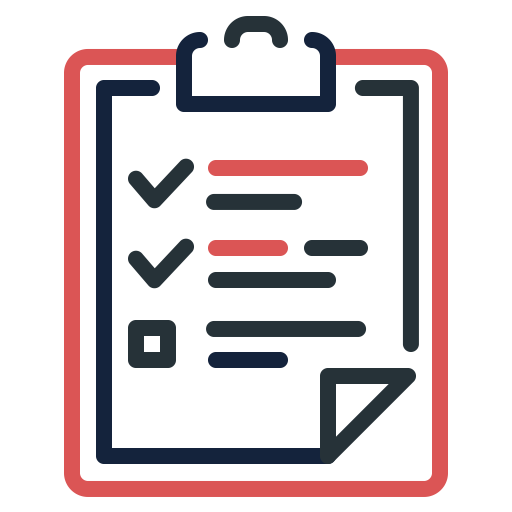5 Credit money habits to make your own
When you consider to take on credit, only borrow what you can afford to realistically payback. A guideline is to never let your credit repayments exceed a third of your monthly income, this includes credit like your home loan, credit cards, personal loans, short term loans and store accounts.
1. Do not over extend yourself
You need to manage your monthly credit repayments so that when you have paid all your accounts you will still be able to maintain your lifestyle. Remember taking on new credit comes at a price and should you take on credit just to make it through to month end, it can create an even bigger problem next month as you will have more credit to repay. Avoid this situation by managing your credit responsibly.
2. Budgeting equals financial freedom
A budget is your great financial plan, it can be for the next 3 months, next 6 months or the next year. A budget is a tool that you use to track your monthly income (Salary) and monthly expenses. You can put limits on the amount that you want to spend each month and can set targets for saving each month. Knowing how much you have available to spend is much better than having buyer’s remorse. A budget can also help you to assess how much credit you can take on and comfortably repay. Knowing what you do with your income will put you in total control of your finances.

3. Live on less than you make
Living on less than you make is a straight-forward concept: If you want to have money just do not spend it all. All of us knows that simple wisdom, BUT why is a simple concept like that so difficult to carry out?
The answer in most cases is simple: Impatience and envy.
Buying an expensive item like a house that is much bigger than is necessary or trading in your one-year-old car for a new top of the range model or maxing out your credit card - Most of the time, this is only to keep up with the Jones’. Don’t spend your life trying to keep up with someone else as their debt to income ratio might scare you. Best is to be grateful in your current circumstances, but keep on working and planning to make it better, because as your savings increase so will your spending power.
4. Pay cash for non-durable items
Consider paying cash for smaller items and use your good credit record for bigger purchases. Taking out a loan or credit to pay for consumables like food and non-durable items is not the wisest decision. Even though you need those necessities, the temptation is always there to spend more than what you need to spend, especially with an interest-free period on certain store cards and credit cards. If you fail to settle this credit within the grace period you will end up paying interest and cost on consumed goods. That is why many experts agree that using cash can help you control spending.
Best practise is to use credit and loans only for larger purchases like buying a house, paying for school fees, or starting your new business, all these things will allow you to have better money prospects in the future.
5. Monitor your credit report and score regularly
Checking your credit report regularly will help you know immediately if there is something negative that is dragging your score down. In South Africa, you can get your free credit report once a year from anyone off the major credit bureaus. The main thing to look out for is common errors on your credit report, and get it corrected if needed. There are lots of benefits to improving your credit report, like better home loan and vehicle finance rates, higher approval rate and better interest rates on personal loans. You will also benefit from higher spending limits on credit cards. Plus, you will have more apartment and rental options as most landlords and rental companies check your credit score before considering your application.